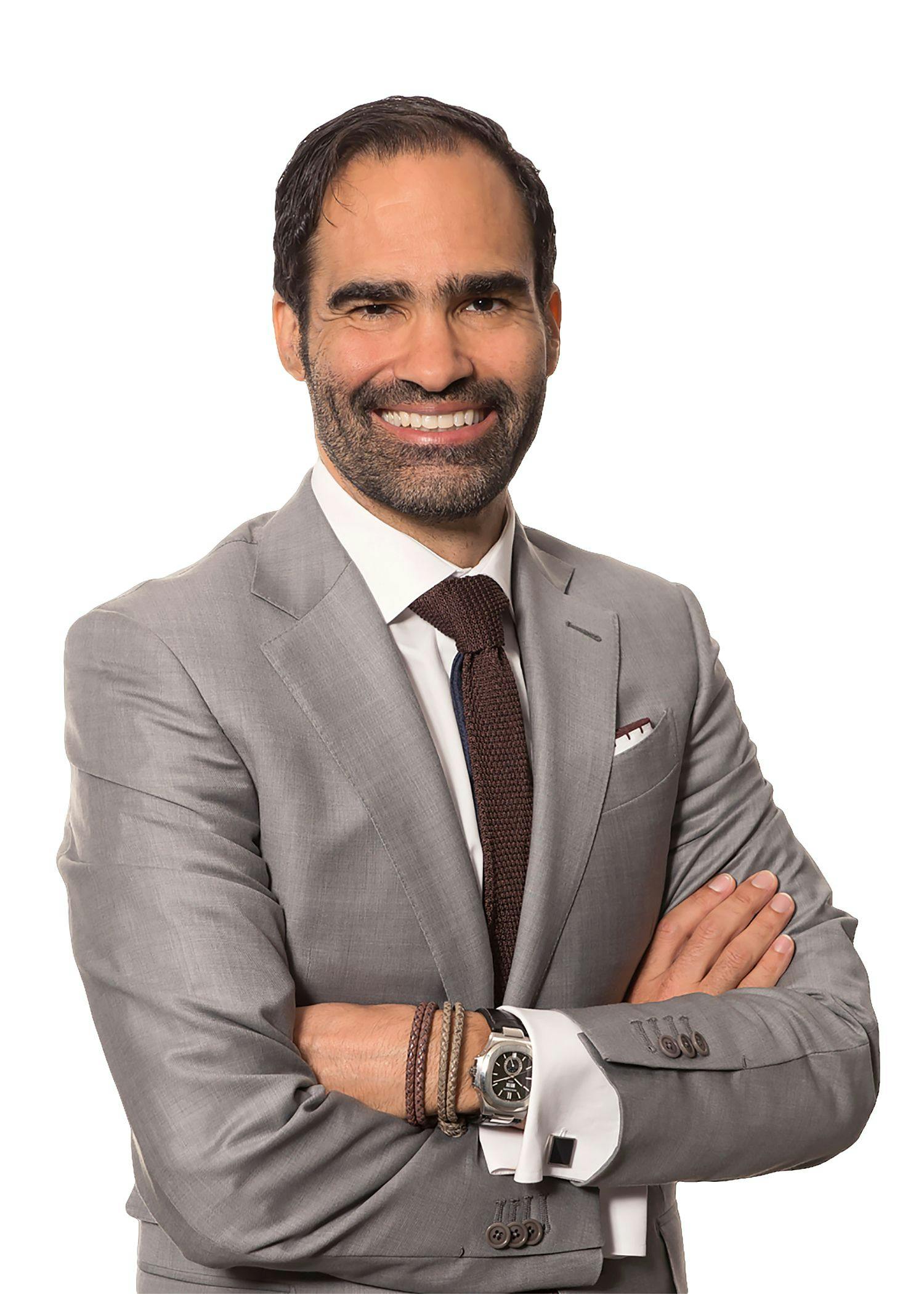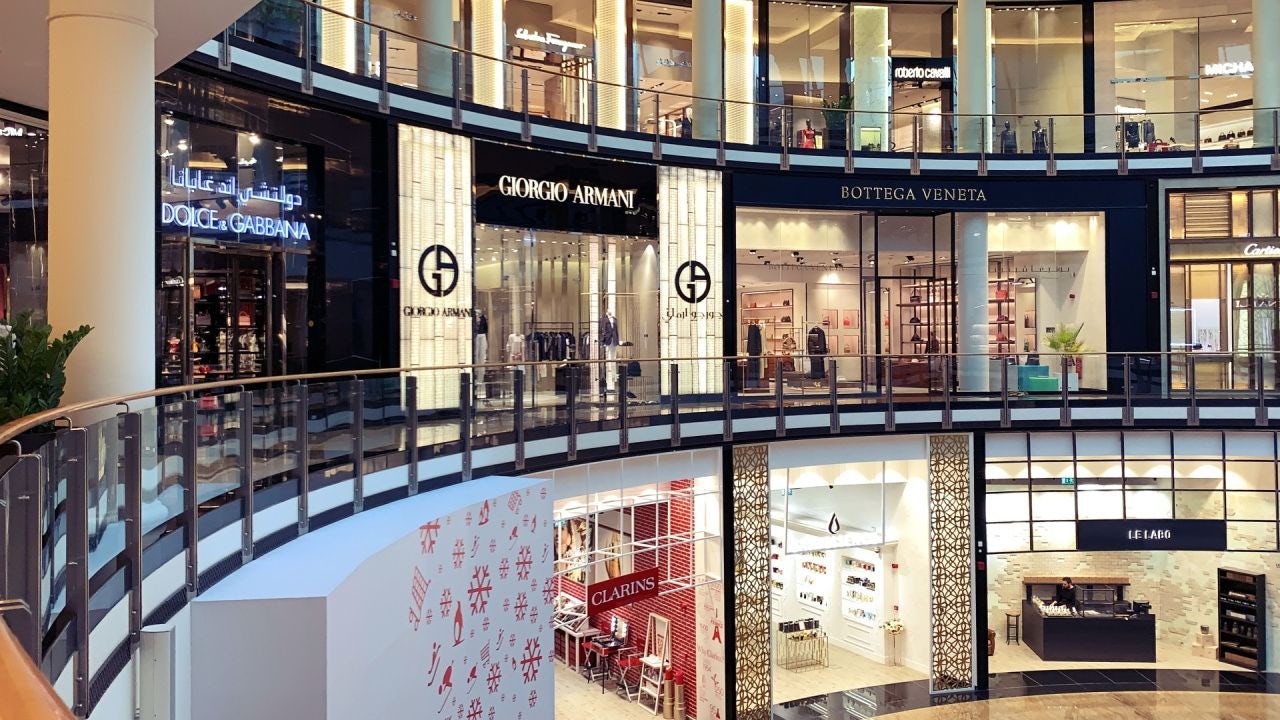Working with luxury brands, I am seeing an alarming pattern as of late: creative directors are being hired and fired at an accelerating rate. In the ever-evolving world of luxury fashion, creative directors have emerged as the architects of brand identity and artistic vision. Their creative prowess and ability to capture the zeitgeist are highly sought after by luxury houses, and they often become the driving force behind a brand's success or failure.
Many brands are putting all their hopes in one person, and then moving onto the next after fewer and fewer seasons. However, the danger here is that brands are over-relying on their creative directors — while failing to provide them with a solid foundation for brand storytelling. This imbalance threatens the future of luxury fashion brands and calls for immediate action to rectify the situation.
The rise of the superstar creative director#
The role of a creative director has evolved dramatically in recent years. No longer mere creators, these individuals are expected to shape and define the narrative of a luxury brand. Their artistic vision permeates every aspect of the brand's identity, from runway shows to advertising campaigns and store designs.
With this level of responsibility, creative directors have become the custodians of a brand's heritage and the guardians of its future. In many cases, they become the human personification of the luxury brand — its public face, spokesperson, and tangible identity.

At the same time, given the sea of sameness of that is observable in many brands, it becomes clear that there is a severe issue. A strong focus on brand archives often hampers creativity and leads to “more of the same,” in other words, endless variations of what was created decades ago with little to no inspiration for audiences of today.
Additionally, over-relying on an individual to set forth the values of a brand almost automatically leads to a lack of clarity in storytelling. When brands become more of a reflection of a person’s vision than a reflection of their own core values, trouble is guaranteed.
The pitfalls of over-reliance#
While creative directors in many cases possess exceptional talent, it is crucial to acknowledge that they are not infallible. Excessive reliance on a single individual can lead to a stifling of creative diversity and, more alarmingly, a misalignment with the brand's core positioning.
As I am writing this column, I am traveling to a brand audit workshop with a luxury client. As part of the workshop my team analyzed about 20 competitors with a particular focus on their brand story. With one exception, all other competing brands had fundamentally the same story, at least in what is perceivable by analyzing their website, social media content and communication materials. It’s a clear example of brands over-relying on creative talent and not giving their clients clarity on who they are and why they should be purchased.
Even worse, without a strong foundation of brand storytelling, creative directors will be left adrift, often disconnected from the brand's history and values. This disconnect is particularly dangerous in the luxury sector, where authenticity and the creation of cultural capital play vital roles in inspiring desirability.
The power of brand storytelling#
In my academic research, I spent years dissecting the driving forces that create extreme value for clients of luxury brands. The number one factor is the brand story. Hence, by depending too heavily on creative directors and not arming them with non-negotiable emotional and differentiating brand markers, luxury brands are hampering their own ability to create long-term value. When I am tasked to support underperforming brands, in almost all cases it is the brand storytelling, or the lack of thereof, that is the fundamental problem.
Brand storytelling serves as the soul of a luxury brand, allowing it to resonate deeply with consumers and stand out against the competition. It is the narrative thread that weaves together the brand's past, present, and future, forging an emotional connection with its audience. By nurturing and prioritizing brand storytelling, luxury brands provide their creative directors with a robust framework within which to operate, ensuring their creative vision is aligned with the brand's DNA.
Lost in the sea of sameness#
As the sea of sameness is so predominant in the luxury industry, the real question is, why? The answer is straightforward. Until a few years ago, there was much less competition, and the connection between brands and clients was mainly done in person and through traditional advertising. Hence, store presence and advertising power created awareness and access and determined to a large extent which brands were relevant for clients.
In a digital reality where new luxury brands pop up almost weekly and where algorithms determine if the profile of a brand matches the profile of a potential client on social media, brand storytelling becomes the key enabler. And because consumers cannot be relied upon to share the brand story through their personal connections, the precision of creating a holistic story-based and differentiated luxury experience across all touchpoints becomes mission critical.
The call to action#
Luxury brands must act now to empower their creative directors with the vital tool of brand storytelling. First, this requires having a story. And the story cannot just be about quality and heritage. In luxury, quality is a given rather than a differentiator. Instead, brand stories need to be an authentic reflection of the core ethos translated into client-specific language. This is, in my experience, the hardest tasks brands have to do, but it is also the most important. It sets the core foundation.
Following the story creation, a concerted effort to invest in comprehensive brand education is needed for all staff; this includes fostering a deep understanding of the brand's narrative, values, and unique client proposition. Establishing a solid brand story is the only way luxury brands can enable their creative directors to breathe life into their creations while staying true to the brand's core identity.

Additionally, luxury brands need to encourage collaboration and open dialogue between creative directors, brand managers, and marketing teams, which is often missing. This multidisciplinary approach ensures that brand storytelling permeates all touchpoints, from product design to marketing campaigns, creating a unified and immersive brand experience for consumers.
The future of luxury hinges on striking a delicate balance between creative brilliance and authentic brand storytelling. By empowering their creative directors with a strong brand narrative, luxury brands can foster meaningful connections with consumers and cement their relevance in a rapidly changing industry. It's time to recognize the importance of this equilibrium and take action.
This is an opinion piece where all views expressed belong to the author.
Named one of the “Global Top Five Luxury Key Opinion Leaders to Watch,” Daniel Langer is the CEO of the luxury, lifestyle and consumer brand strategy firm Équité, and the executive professor of luxury strategy and pricing at Pepperdine University in Malibu, California. He consults many of the leading luxury brands in the world, is the author of several best-selling luxury management books, a global keynote speaker, and holds luxury masterclasses on the future of luxury, disruption, and the luxury metaverse in Europe, the USA, and Asia.
Follow him: LinkedIn: https://www.linkedin.com/in/drlanger, Instagram: @equitebrands /@thedaniellanger



